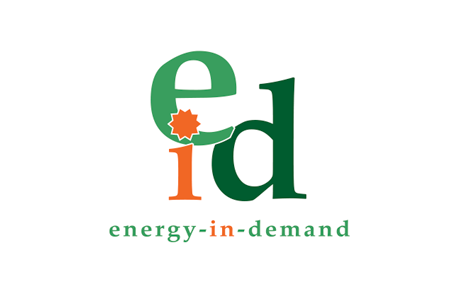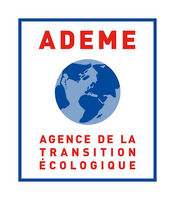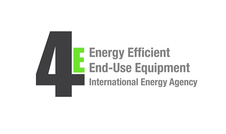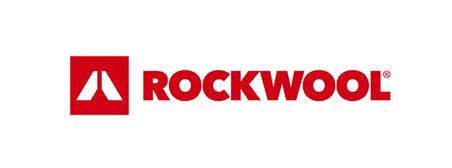Search eceee proceedings
Deep Renovation: shifting from exception to standard practice in EU policy
Panel: 7. Policies and programmes for better buildings
This is a peer-reviewed paper.
Authors:
Hélène Sibileau, Buildings Performance Institute (BPIE), Belgium
Rutger BROER, BPIE - Buildings Performance Institute Europe, Belgium
Abstract
The Renovation Wave, the strategy published by the European Commission at the end of 2020, sets the objective to at least double the annual energy renovation rate by 2030 and to foster deep energy renovations. But what are these? While the concept is high on the EU political agenda, clarity has long been missing in the legal framework, where no definition of Deep Renovation was provided before the 2021–2022 revision of the Energy Performance of Buildings Directive (EPBD).
The absence of common understanding and lack of consensus of what deep renovation is and what it should deliver, has led to a mushrooming of concepts at national level, and to an EU policy ecosystem which is not fit to deliver on it, missing on energy savings to multiple other benefits for individuals and society. The current annual deep renovation rate only stands at 0.2 % on average in the EU. But to achieve the EU 2030 and 2050 climate targets, it should increase to 3 % by 2030. A paradigm shift on deep renovation is therefore essential. This paper investigates existing conceptualisations of deep renovation, and deep dives on ways to define it, based on an overview of national examples, from which best practices and key parameters are extracted. While the concept is multidimensional, defining it should be guided by the overarching objective of achieving climate neutrality by 2050, setting a path for every building to be climate proof, while addressing affordability aspects. The paper suggests both a definition and delivery approach to deep renovation. At the same time, it considers the EPBD recast proposal from the European Commission, assesses the quality of the definition suggested and provides recommendations. But beyond giving an EU-wide legal definition to the concept, it is crucial to shift the deep renovation paradigm and practice from an exception to the default approach, and to recalibrate the EU renovation ecosystem of policies. The paper explains why this change is so important if the EU is to reach its climate targets and address energy poverty. It considers the ongoing revision of the EPBD and the extent to which this shift towards deep renovation is triggered.
Downloads
Download this presentation as pdf: 7-023-22_Sibileau_Broer_pres.pdf
Download this paper as pdf: 7-023-22_Sibileau.pdf
Panels of
1. Dynamics of consumption: less is more?
2. Efficiency and beyond: innovative energy demand policies
3. Policy, finance and governance
4. Monitoring and evaluation for a wise, just and inclusive transition
5. Towards sustainable and resilient communities
6. Energy-efficient and low-carbon mobility for all
7. Policies and programmes for better buildings
8. Innovations in products, systems and building technologies



























